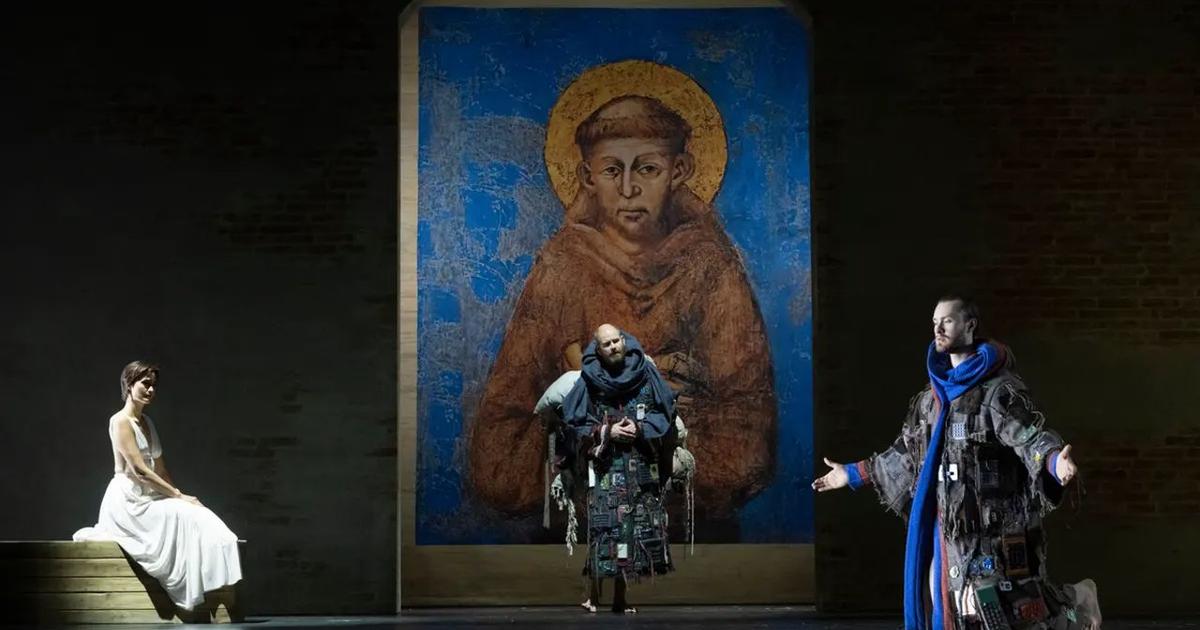INBAL workers demonstrate in front of the National Palace in November.Galo Cañas / Cuartoscuro
Workers in the main cultural centers in Mexico have lowered their arms in protest.
The debit of up to a month's salary and the null labor benefits have led to the cessation of activities of more than 600 workers from the main cultural centers and museums in the country.
Hired as service providers, under the federal Administration Chapter 3000 regime, hundreds of people who work in the sector lack basic rights such as medical service and Christmas bonus, in addition to being forced to submit their resignation every year in order not to generate seniority. if they want to guarantee a new hire the next cycle.
The historian Juan Villadiego is one of the faces of this precariousness.
In his case, his 12 years of experience in the museums of Colombia allowed him to earn a position in the museum of the Palace of Fine Arts in May 2018. His work in the area of registration and control of work has given him the opportunity to know first-hand to numerous national and international artists, curators, collectors, gallery owners and museum designers.
Professional satisfaction, however, has not been accompanied by minimal job guarantees, on the contrary, for months he and other colleagues have suffered from recurring arrears in their payments and marathon days without overtime pay, a series of disadvantages that reached their point most critical at the end of November, when they accumulated more than 30 days without receiving their salary.
In recent months the historian has been forced to combine his work in Fine Arts with masonry and carpentry work in order to support his expenses and those of his family.
"Now the one who maintains most of the expenses in my house is my wife," he says.
The cultural workers affected by this debt fear that the October delay is the preamble to a definitive loss of their position, as has happened with the millions of Mexicans who have lost their jobs due to the pandemic.
The temporary situation assigned to contracts under the modality of chapter 3000 has an expiration date on December 31.
"There are 28 days until the end of the year and they have not told us if we are going to continue, if they are going to hire us.
I think there is greater uncertainty, that is what has changed compared to other years, that at this moment we have nothing to lose, ”Villadiego ditches.
"The pandemic has given us the coup de grace in late payments," says a worker in the cultural sector who prefers not to reveal her identity.
With more than a decade of experience in the country's museums, he regrets that despite the high training of thousands of employees, they are the last priority in the federal government.
"It is very frustrating and very unfair, right now where do we run, who is going to give us work?", Says this woman specialist in cultural exhibitions.
Last Tuesday the first meeting was held with the authorities of the Ministry of Culture, who assured that the payment of salaries "is in the process of being solved" and argued that this year "has been complex" due to the health contingency.
The Ministry of Culture has recognized that payments are made "a few days late" and that in October "the delay was longer."
"The payment of salaries of the personnel hired by chapter 3000 began to be settled as of this Thursday," the authorities have reported in a statement, and have announced that the second meeting with the workers will be this Friday.
According to Culture, the November payment will be made "in due time and form no later than December 20".
Michel Flores has also decided to lower his arms to demand better conditions in her work as an exhibition manager in one of the museums attached to the National Institute of Fine Arts and Literature, a role she has been performing since March 2019. Before that, she completed a Master of Arts in the University of Colorado in the United States and decided to return to work in his country.
The happiness of getting a job according to their preparation has been tinged with frustration at the precarious working conditions.
"It was a very hard blow to face the work situation in Mexico because I came from the United States earning three times more as a student than I do now," he says.
Flores adds that she and her colleagues hoped that their employment situation would improve with the arrival of Andrés Manuel López Obrador to the government, “but we have seen that there is no intention to even review this situation, but other issues are being discussed in culture as the Chapultepec project ”, he points out.
The criticisms within INBAL have been joined by the voices of workers and union leaders of the National Institute of Anthropology and History (INAH), who until now carry out their work normally, but have met with representatives of INBAL employees to “define an action plan”, since “the problems are similar”.
“Workplace violence in the culture has become standardized,” mentions an INAH anthropologist who prefers not to reveal her identity for fear of reprisals.
She has more than 18 years of experience and yet is also on a Chapter 3000 contract. The last salary she received this year was in March, even though she works an average of 10 hours a day.
When he could no longer pay his landlord, he returned to his mother's house and has started selling mezcal to avoid accumulating more debts.
The anthropologist warns that cultural neglect by the federal government will have a widespread impact.
“This causes a progressive delay in research, in the cultural products that are generated.
Without its contractors, INAH and INBAL collapse, it cannot operate ”, he refers.
INAH union leaders have also raised their voices in the face of delays in the payment of wages, non-compliance with the increase in benefits, the precariousness of labor contracts and the insufficient budget, which this year was cut by 75% due to the emergency sanitary.
“The cultural sector has been one of the hardest hit during this government.
All the institutions are in a precarious situation, ”Gustavo Ramírez, spokesman for the INAH teachers union (SNIPCD-INAH), said at a press conference this Thursday.



/cloudfront-eu-central-1.images.arcpublishing.com/prisa/PLNY3OH7WVF7PAHBVU6Y6QKPTI.jpg)











